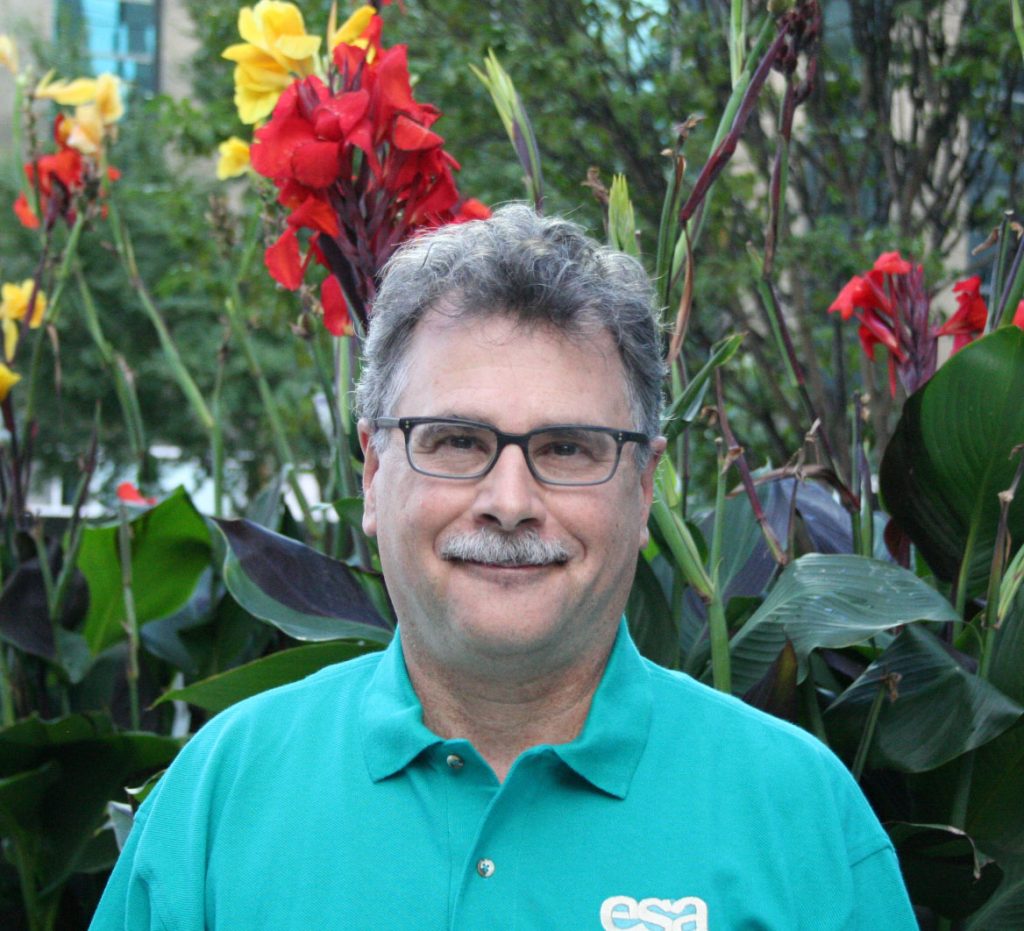Copyright ©

- This event has passed.
Weaver Lecture Series and Graduate Research Symposium
October 17, 2018 @ 3:00 pm - 5:00 pm
The School of Forestry and Wildlife Sciences Weaver Lecture Series will present a talk by Richard Pouyat, former White House science and technology advisor and current president of the Ecological Society of America, on Wednesday, Oct. 17, at 3 p.m., immediately followed by a graduate research symposium and reception at 4:15 p.m.
Weaver Lecture Series Seminar
Pouyat, a national program leader for USDA Forest Service’s Air and Soil Quality Research program in Washington D.C., will give a lecture titled, “Integrating Science and Policy for Environmental Decision Making,” that will discuss the critically important roles scientific information and the scientific community can play in the policy development process, including issue identification, monitoring and evaluation.
The School of Forestry and Wildlife Sciences’ Weaver Lecture Series was established in 1996 through an endowment provided by Earl H. and Sandra H. Weaver. The objective of the series is to bring individuals with expertise in various aspects of forestry and wildlife sciences to the Auburn University campus to enhance the School’s academic programs through public lectures and interaction with faculty and students.
The free seminar, which is open to the public and all members of the campus community, will be held on Wednesday, Oct. 17, at 3 p.m. in the conference hall, room 1101, located on the first floor of the School of Forestry and Wildlife Sciences Building at 602 Duncan Drive, Auburn, Alabama.
Graduate Research Symposium and Reception
A graduate research symposium and reception will immediately follow the lecture at 4:15 p.m. in the conference hall. The presentation will highlight the diversity of the school’s research program and provide graduate students opportunity to present their research to stakeholders and members of the academic community.
This is a complimentary event for faculty, staff and students. Light refreshments and free parking are offered for attendees. Parking will be available on the third and fourth levels of the South Quad Parking Deck. Advanced registration and parking passes are not required.
Integrating Science and Policy for Environmental Decision Making
Abstract
Scientific information can and should play an important role in the process of environmental policy development and implementation. Scientific information and the scientific community can play critically important roles in several parts of the policy process, including issue identification and problem definition, development of alternative policies, monitoring and evaluation during policy implementation, and feedback into the ongoing policy process. These interventions can occur at the level of both the institution and individual scientist; however, there are cultural and procedural barriers that restrict the exchange of information between the scientific community and decision makers. For example, real and perceived incongruence in timing between the pace of scientific discovery and policy development often reinforces the belief that science cannot realistically be integrated into the policy process. Moreover, at the interpersonal level, scientists have limited time, opportunities, or in many cases incentive to work with decision makers on specific environmental issues. Finally, from the public’s perspective, many of today’s environmental issues are subtle and complex and thus require more explanation and understanding of the scientific process and uncertainty. To close, I suggest actions that the ecological and environmental science community can undertake to effectively integrate science with public policy including at the least to encourage scientist involvement with communicating science to the public and policy makers, while at the most choose career paths that intersect the making of public policy.
Speaker Biography
 Richard Pouyat, a national program leader for USDA Forest Service’s Air and Soil Quality Research program in Washington D.C., is a former White House Office of Science and Technology advisor and the current president of the Ecological Society of America. Pouyat received his Ph.D. in ecology from Rutgers University and an M.S. in forest soils and B.S. in forest biology at the College of Environmental Science and Forestry. His training in ecology, soil science, and biogeochemistry to investigate urban ecosystems and the effect of urban sprawl on natural systems is extensive. Pouyat’s career and research have focused on applying ecological and social sciences to the solutions of contemporary problems in natural resource management and policy. Previous to his current roles, Pouyat also served as an original co-principal investigator of the Baltimore Ecosystem Study, a Long Term Ecological Research site funded by the National Science Foundation.
Richard Pouyat, a national program leader for USDA Forest Service’s Air and Soil Quality Research program in Washington D.C., is a former White House Office of Science and Technology advisor and the current president of the Ecological Society of America. Pouyat received his Ph.D. in ecology from Rutgers University and an M.S. in forest soils and B.S. in forest biology at the College of Environmental Science and Forestry. His training in ecology, soil science, and biogeochemistry to investigate urban ecosystems and the effect of urban sprawl on natural systems is extensive. Pouyat’s career and research have focused on applying ecological and social sciences to the solutions of contemporary problems in natural resource management and policy. Previous to his current roles, Pouyat also served as an original co-principal investigator of the Baltimore Ecosystem Study, a Long Term Ecological Research site funded by the National Science Foundation.









